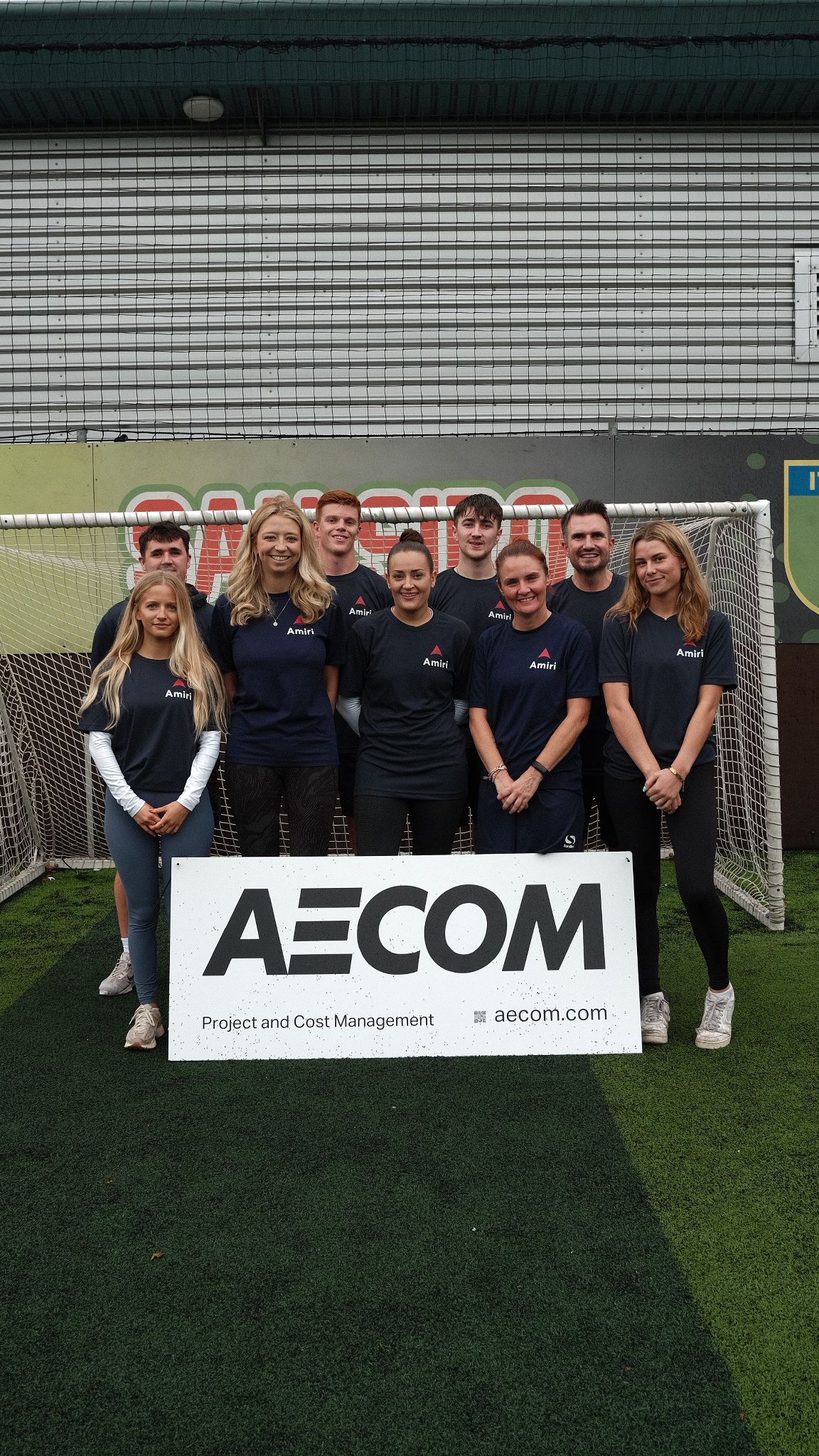The Benefit of Apprenticeships
With Apprentice week in February I reflected on the important role Apprenticeships hold in Amiri Construction.
We are always looking for talented people to join Amiri and currently have one Construction Management Apprenticeship undertaking the Southampton City College apprenticeship programme. Our first apprentice received a promotion at the end of 2019 having successfully completed their Level 3 studies and whilst progressing well through Year 2 of his Quantity Surveying Degree.
We offer apprenticeship roles as we believe that they create a valued staff member that has the benefit of a balance between knowledge gained in the day-to-day learning of the workplace and the theoretical and wider knowledge base gained from the education environment and mixing with a peer group that are not limited to just the construction site environment.
The curriculum that our apprentices follow has always encouraged us to work with our wider supply chain and contact base to provide more specialist learning on the subjects that we can’t directly provide knowledge on in the day-to-day workplace. For example, one of our current apprentices has spent a week with a local Architect practice learning about the design process and the use of BIM and a week with an Approved Inspectors consultancy during his Building Control module
Providing a broad curriculum and network has a huge benefit to the apprentice as they gain a far greater understanding of the multitude of specialist roles in the construction industry and how their role interacts with them. It also benefits us as employer as that knowledge comes back to the company.
Apprentices bring a passion and enthusiasm that encourages others to engage, share knowledge and experience and learn themselves. The construction industry is a very “old” industry and it needs new talent to not just be there to keep things going but to continually question and bring ideas as well as their own understanding of what the world will look like as they and their peers shape it for themselves and future generations.
The apprentices that we have employed have brought the passion and enthusiasm that we had hoped for, and more. They’ve committed particularly well to their roles and encouraged us, through their desire to succeed, to work with them to ensure that they do progress as we’d all hope.
In all cases this has meant that the apprentices in the business have been contributors both in their role and in the wider company in a manner that belies their years and experience.
Looking to the future I believe the key to apprenticeships is that the employer understands the benefits that it offers and engages properly to help the achieve the potential that the apprentice has.
There is no doubt that motivated apprentices provide a great opportunity to create the best team members for the future and the collaborative learning process that apprenticeship offers is the best route to achieve that. An apprentice is absolutely NOT a source of cheap labour, of tea making, of running down the shops for everyone or any other form of abuse. It is a source of a motivated, keen, engaged resource of enormous potential and it’s important to ensure that the potential is realised by committing to that collaborative development process.
It is, in my mind, absolutely the best way to get the calibre of committed team members who have the technical skills, backed by a fundamental knowledge, that will carry our business successfully into the future.




